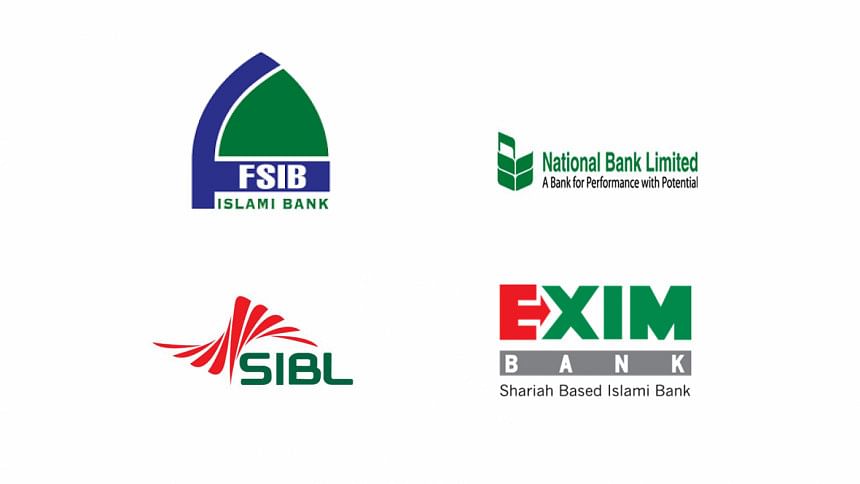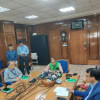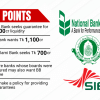Tk 18,500cr injected into four crisis-hit banks

The Bangladesh Bank has injected Tk 18,500 crore into four crisis-hit banks, namely First Security Islami Bank, National Bank, Social Islami Bank and EXIM Bank, against demand for promissory (DP) notes.
A DP note is a written instrument that promises to pay a specific amount of money on demand to the bearer of the note.
The central bank usually accepts a DP note when a bank does not have available bills or bonds to provide as collateral.
The four ailing lenders received the funds from the central bank on November 25 for a six-month tenure at the repo rate, which currently stands at 10 percent.
A senior central bank official, seeking anonymity, told The Daily Star that those banks will primarily get six months to repay the funds.
But if they fail to do so, the lenders may be allowed to repay the funds in phases.
The banking regulator took the major decision after consulting with the interim government, the BB official added.
In September, Bangladesh Bank Governor Ahsan H Mansur said that the central bank would not provide liquidity support by printing money as in the past.
As such, the central bank decided that weak banks would be allowed to secure liquidity from the inter-bank money market.
However, this decision failed to resolve the crisis.
Before securing the latest funds from the central bank, over half a dozen struggling banks received Tk 6,850 crore in liquidity support from the inter-bank money market.

 For all latest news, follow The Daily Star's Google News channel.
For all latest news, follow The Daily Star's Google News channel. 







Comments